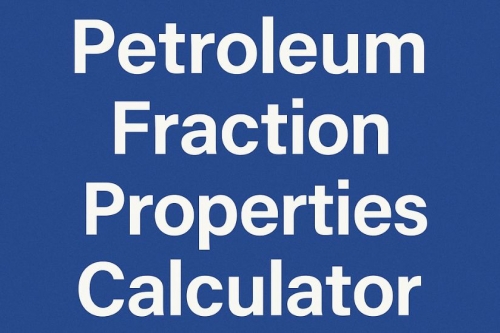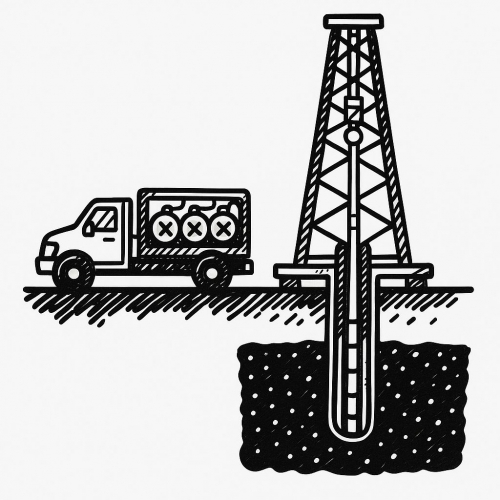Oilfield accidents, unfortunately, are a common occurrence in the oil and gas industry. These accidents can range from minor slips and falls to catastrophic explosions and fires, resulting in severe injuries, fatalities, and environmental damage. Understanding the causes of oilfield accidents is crucial for preventing them and ensuring the safety of oilfield workers and the environment.
Common Causes of Oilfield Accidents
Oilfield accidents can stem from various factors, including:
-
Improper training and supervision: Inadequate training and supervision can lead to workers operating machinery or handling hazardous materials without proper knowledge or guidance, increasing the risk of accidents.
-
Equipment failure or malfunction: Faulty or poorly maintained equipment can pose significant hazards, such as explosions, fires, or structural collapses.
-
Hazardous work environment: Oilfields often involve working with hazardous materials, exposure to dangerous gases or fumes, and working at heights or in confined spaces, all of which increase the risk of accidents.
-
Fatigue and exhaustion: Long hours, strenuous work, and exposure to extreme weather conditions can lead to fatigue and exhaustion, impairing workers' judgment and reaction time, increasing the likelihood of accidents.
Common Types of Oilfield Accidents
Oilfield accidents can manifest in various forms, including:
-
Slips, trips, and falls: Slips, trips, and falls are frequent occurrences in oilfields, often resulting in injuries such as broken bones, sprains, and strains.
-
Caught-in or struck-by accidents: Workers may get caught in or struck by moving machinery, falling objects, or vehicles, leading to severe crush injuries or blunt trauma.
-
Explosions and fires: Explosions and fires are major hazards in oilfields, often caused by leaks, sparks, or improper handling of flammable materials.
-
Exposure to hazardous substances: Workers may be exposed to toxic chemicals, gases, or fumes, leading to respiratory problems, skin irritations, or other health complications.
Preventing Oilfield Accidents
Preventing oilfield accidents requires a comprehensive approach that encompasses several aspects:
-
Comprehensive training and safety programs: Thorough training should cover hazard identification, risk assessment, safe work practices, and emergency procedures.
-
Regular equipment inspections and maintenance: Regular inspections and maintenance of equipment can identify and address potential hazards before they lead to accidents.
-
Proper personal protective equipment (PPE): Providing and enforcing the use of appropriate PPE, such as safety helmets, gloves, goggles, and respirators, can significantly reduce injury risks.
-
Fatigue management strategies: Implementing fatigue management strategies, such as rotating shifts, providing adequate breaks, and promoting a healthy work-life balance, can help prevent accidents caused by fatigue.
Legal Recourse for Oilfield Accident Victims
Oilfield workers who suffer injuries due to accidents caused by negligence, unsafe work conditions, or defective equipment may have legal recourse to seek compensation for their damages. This may include medical expenses, lost wages, pain and suffering, and other damages.
Experienced personal injury attorneys can help oilfield accident victims navigate the legal process, gather evidence, and build a strong case to secure fair compensation for their injuries.
Main Oil and Gas Accidents for the Last 10 Years
Here are some of the main oil and gas accidents that have occurred in the last 10 years:
- 2010 Deepwater Horizon oil spill: The Deepwater Horizon oil rig exploded in the Gulf of Mexico, causing the largest marine oil spill in history. The spill killed 11 workers and released an estimated 200 million gallons of oil into the ocean.
- 2011 Enbridge pipeline rupture: An Enbridge pipeline ruptured in Michigan, releasing over 3 million gallons of tar sands oil into the Kalamazoo River. The spill was the largest inland oil spill in U.S. history.
- 2013 Lac-Mégantic train derailment: A train carrying crude oil derailed in Lac-Mégantic, Quebec, Canada, causing an explosion and fire that killed 47 people and destroyed much of the town.
- 2015 Texas City refinery explosion: A fire and explosion at a BP refinery in Texas City, Texas, killed one worker and injured several others. The accident was caused by a leak of highly flammable gas.
- 2016 Mexico pipeline explosion: A pipeline explosion in Mexico killed 13 people and injured dozens more. The explosion was caused by a leak of gasoline that

%20(1).png)



